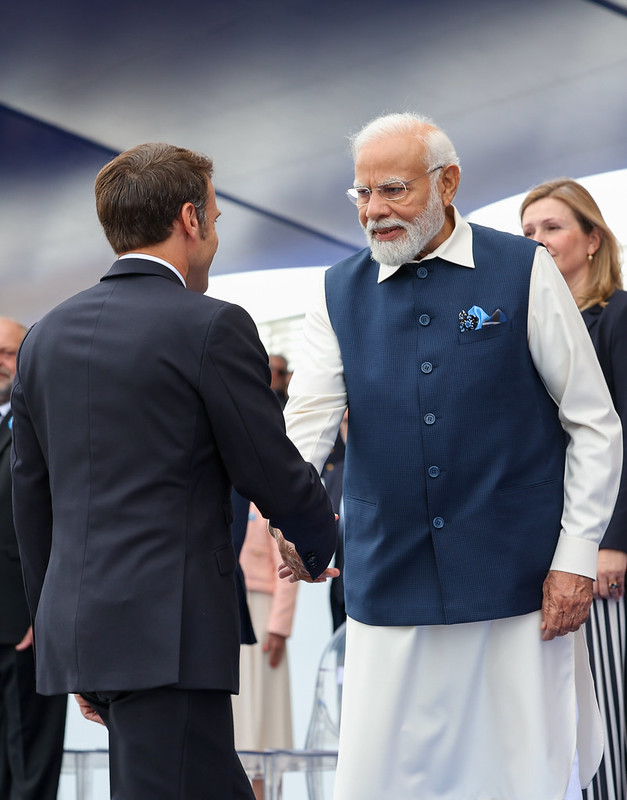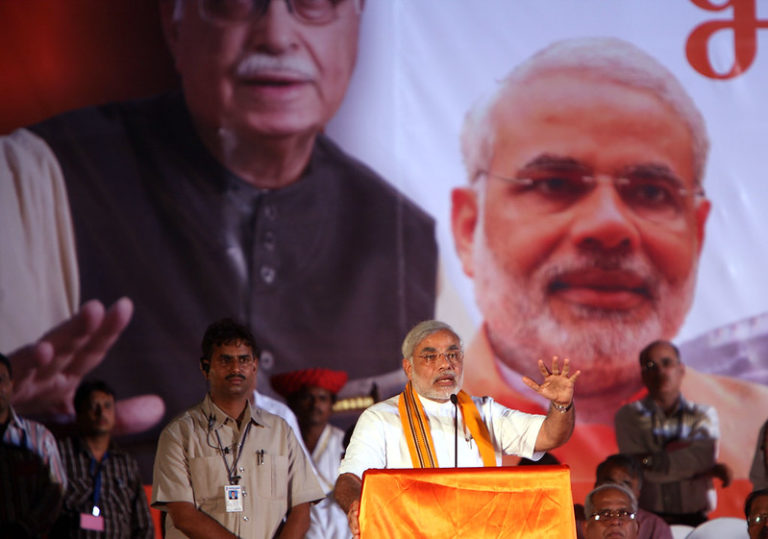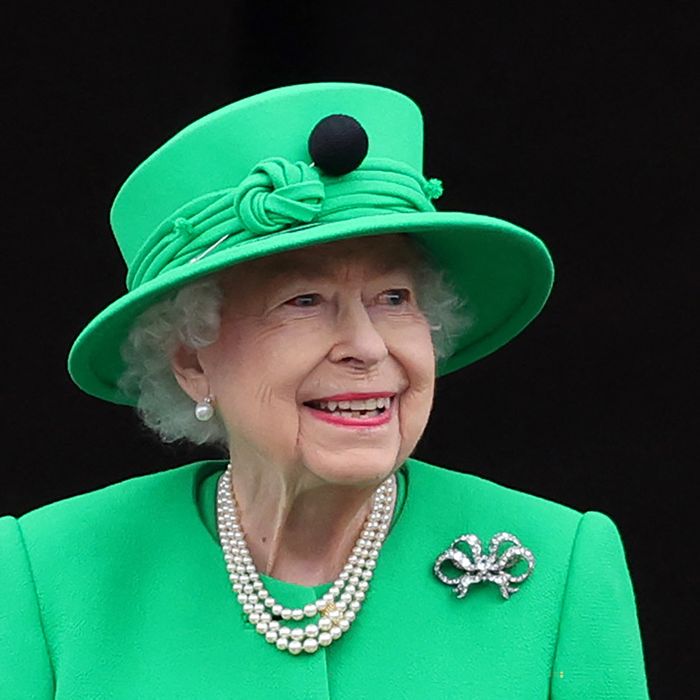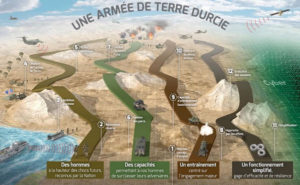Letter from La Vigie, dated 12th June 2024

Extended Mediterranean: Italy’s ambitions beyond Europe (LV 244) (free)
Since 2022, Italy has decided to adopt a new strategic positioning in an area stretching from the Gulf of Guinea to the north-western Indian Ocean, which it calls the “extended Mediterranean”. This cross-cutting vision, which includes diplomatic and economic as well as military and security aspects, underlines Rome’s ambitions for a southern flank of NATO and the EU that has too often been neglected. In support of this strategy, Italy is also developing a strong naval base, centred on a major upgrade of capabilities and spectacular growth in volumes, making it an essential partner for France, particularly in the Indo-Pacific.
To read the article, click here
Grand strategy in disarray (LV 244) (free)
Grand strategy remains a demanding discipline, combining diagnosis and decision, thought and action. Since its inception, La Vigie has tirelessly explored this method. We note its structural weakening, which reflects the deterioration of political debate. Yet other countries have succeeded in implementing major strategies. If we leave it to the course of events, we will encounter tragedy. Then perhaps grand strategy will be reborn.
To read the article, click here
Lorgnette : Indian elections
The elections that have just taken place in India are full of lessons. Narendra Modi did not achieve the triumph he had hoped for, even though his coalition managed to secure a third term in office. Domestic factors played their part: doubts about the Prime Minister’s ultra-Hindu political project, the tarnished aura of a man from the bottom, economic successes (7% growth) that do not redistribute enough (unemployment remains high), and persistent regional disparities.
However, this will give him a free hand internationally to continue his balancing act (LV 240). It will continue to combine its grand strategy: cooperation with the West, notably within the framework of the Quad (United States, Australia, Japan), while benefiting from the indulgence of the Europeans; cooperation with the BRICS and notably Russia, whose oil feeds its economy; pursuit of economic development in support of a globalisation that brings prosperity; attachment to its neighbours in the Indian Ocean; a marked effort towards Africa; maintenance of a degree of tension with China and Pakistan.
What is most remarkable is the decorrelation between domestic political life and foreign policy.
JOVPN
Subscribers: click directly on the links to read online or download the pdf issue (here), always with your login/password. New readers: read the article by issue, by clicking on each article (€2.5), or subscribe (discovery subscription €17, annual subscription €70, orga. subscription €300 excl. tax): here, the different options.
Photo credit: Maria Ripoll Cera on Visualhunt




